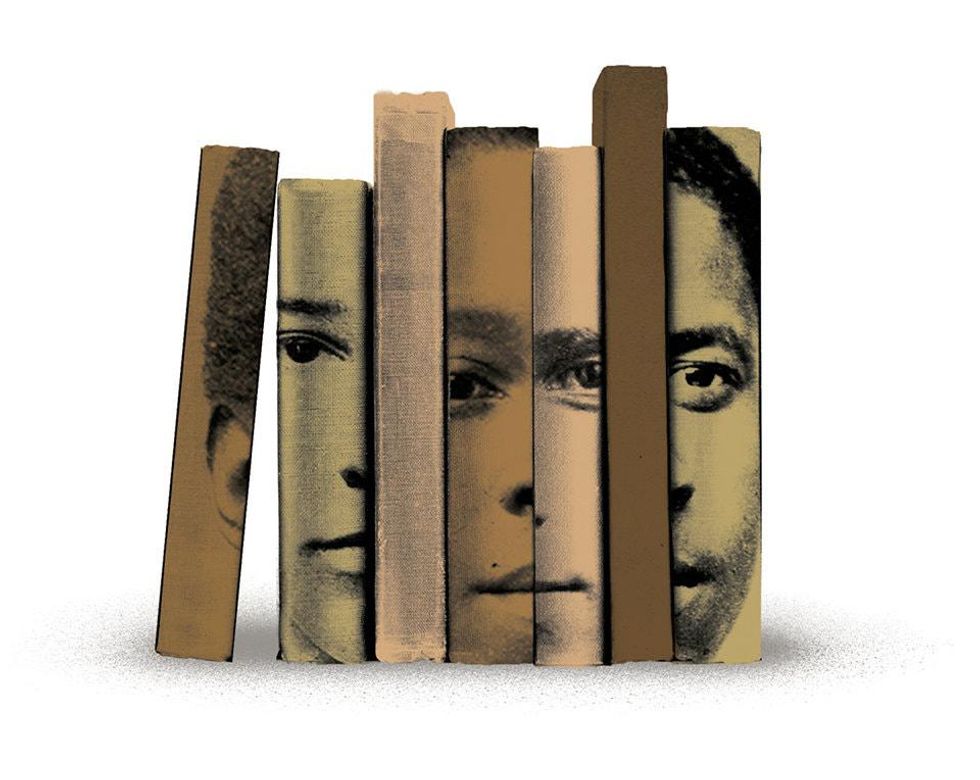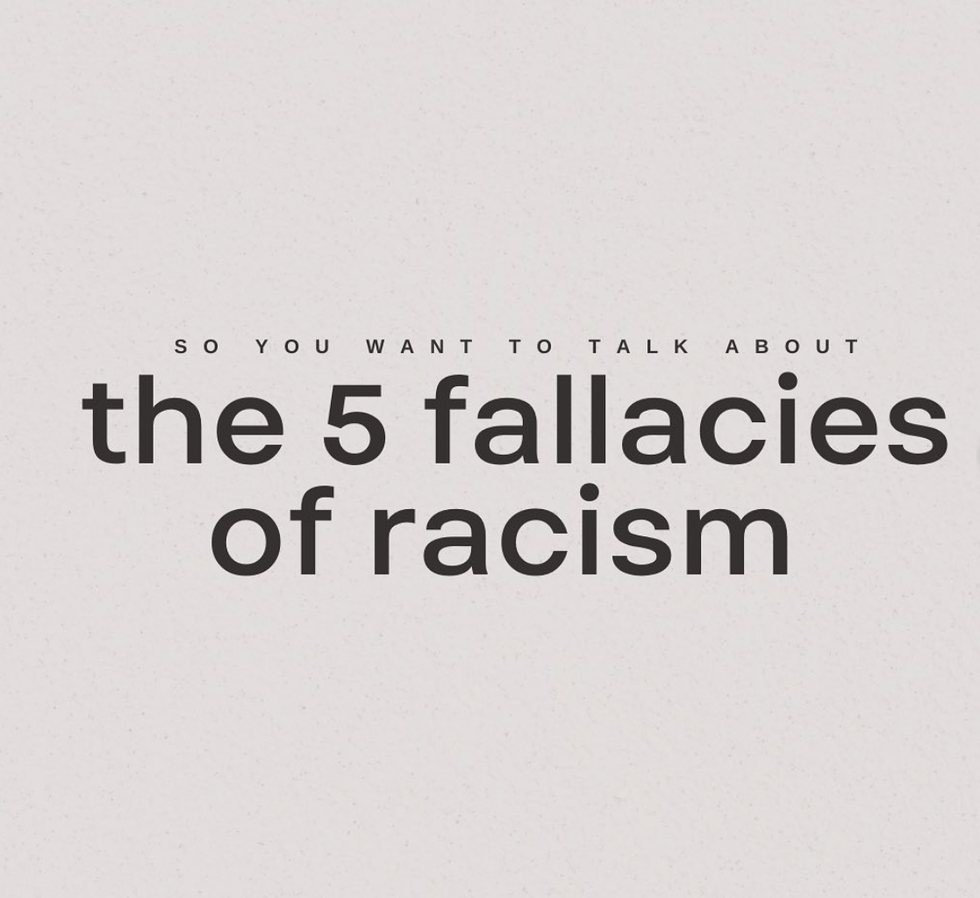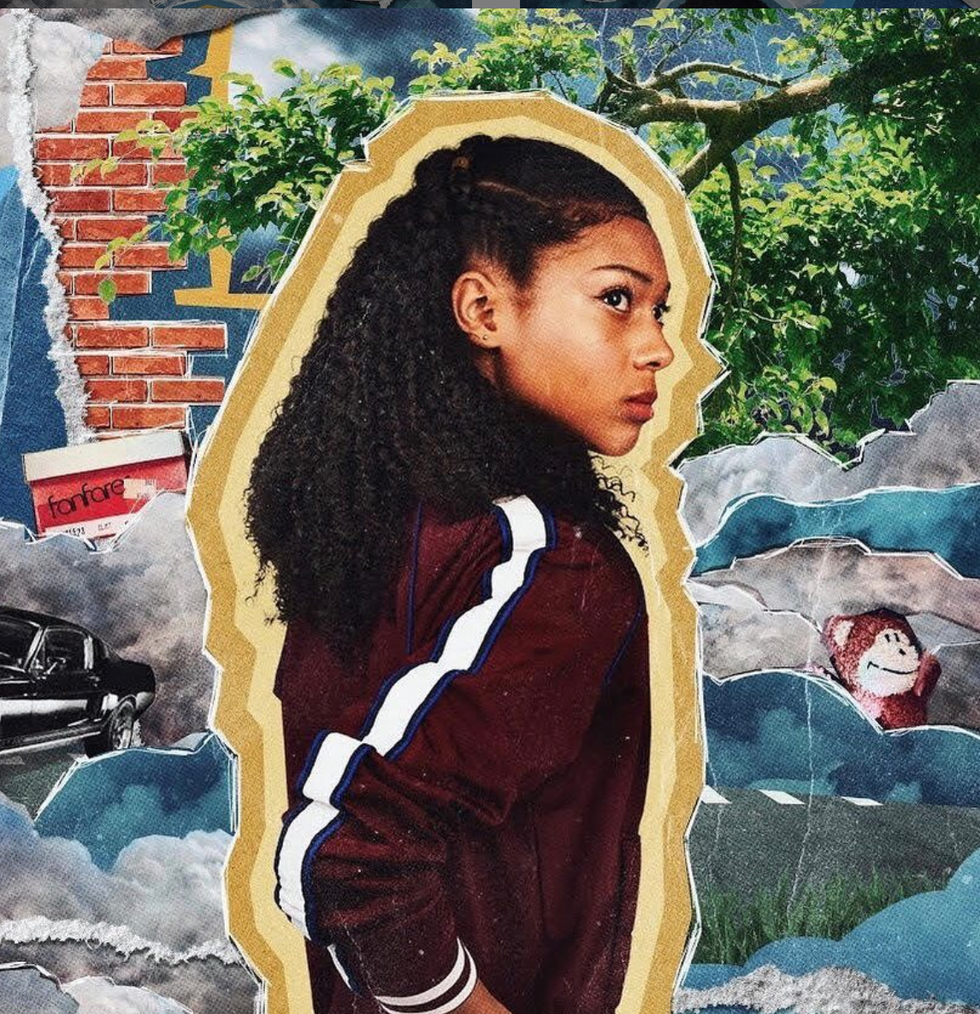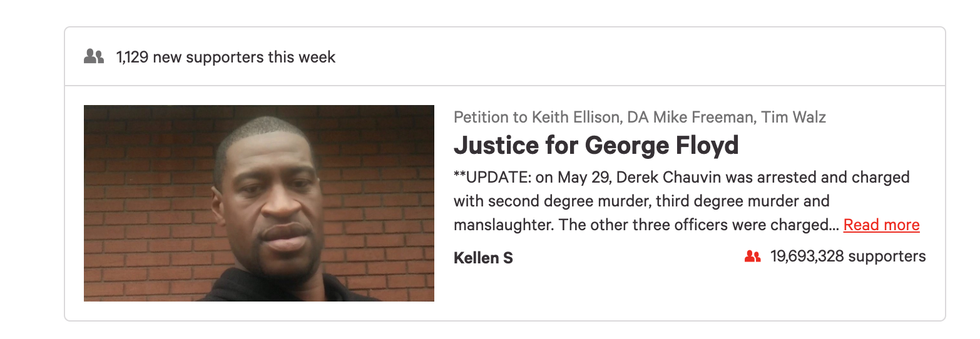DISCLAIMER: I am white. I am not an expert and I'm not going to pretend like I am. Educating yourself and advocating for change at all times as a white person is integral to see real change. I do not understand the experience of Black people and I am not speaking from a place of knowing exactly how to honor Black History Month. These are things that you may have heard of during June, but in reality, they are the bare minimum standard of work that needs to be done for a white individual to understand their privilege and begin enacting change. Be actively antiracist, evaluate your biases and systems around you, and do it on your own. It's something to do every day, not just the month of February.
The work is not done.
So you reposted some pretty political posts on your Instagram story in June and posted a black square on Blackout Tuesday (that many of you deleted). Maybe you even attended a protest, donated to bail funds, and signed petitions. Great work! You've taken the first steps, but you absolutely cannot stop now.
No, the work has just begun.
While Black Lives Matter gained some serious spotlight time after the death of George Floyd in May, Black people and allies have been working toward the end of systemic racism, police brutality, and more for years and years.
This Black History Month, make an extra effort to learn, grow, and continue to work toward an antiracist society. Here are five little things you can do each day this month to further your education and keep the ball rolling.
1. Read a couple of chapters of an educational book every day

Or, find a good academic paper to read. My favorite piece I read when I first started exploring antiracist literature is "Unpacking the Invisible Knapsack" by Peggy McIntosh. A popular book lately I've been trying to get my hands on lately is Hood Feminism by Mikki Kendall. The Help is another popular book and movie (more on videos later) but beware of white savior narratives. Every morning, get some reading in before you move into your typical routine. Reading in the morning always helps me go into the day with a more analytical and inquisitive mind.
2. Interact with antiracist posts on social media

Take a look at your discover page on Instagram. Do you have any resources or antiracist photos mixed in there? If not, that means your algorithm has strayed away from showing you that information, even if you follow multiple activist accounts. An account I follow that covers a wide array of topics is @soyouwanttotalkabout on Instagram. Hit @blklivesmatter with a follow if you haven't already as well for updates with the movement.
3. Watch educational shows and movies

If you're not the reading type, watching movies and series' with a cast of mainly people of color, documentaries, and fiction that tackle issues dealing with racism, this is definitely the move for you. You can watch an episode a day, or spend a weekend binging. The Hate You Give is a movie that's been on my list forever that I'm planning on getting to this month. On My Block is one of my favorite shows ever, and features a fantastic Black, Indigenous and people of color cast.
4. Continue to donate to organizations and sign petitions.

Change.org has this handy feature where you see an array of petitions to swipe through after you've signed one and you can sign everyone that comes up along the lines of supporting Black families, holding police officers accountable, and any other cause regarding BIPOC. It doesn't take that long to break out your wallet and click "sign" a couple of times, and you'll be making all the difference.
5. Have those difficult conversations with those who don't agree with you

Keep it civil, keep it friendly, but do your best to try and get to the bottom of why someone says "All Lives Matter." They may be meaning well, but don't understand the implications of what they're saying. Tell your aunt what implicit biases are. Explain to your family why you didn't support a political candidate if it was because of their stance on Black Lives Matter or anything else to do with racism. It may be super scary and intimidating, but the people you love will 100% be willing to sit down and talk with you about how you're feeling and what you're passionate about. Here are seven ways to have a respectful conversation about race from the AARP. Recommend to them some resources that helped you get started!
Black History Month is the shortest month of the year, make it the month you commit to being continuously active in being antiracist and fighting against systemic racism.



















